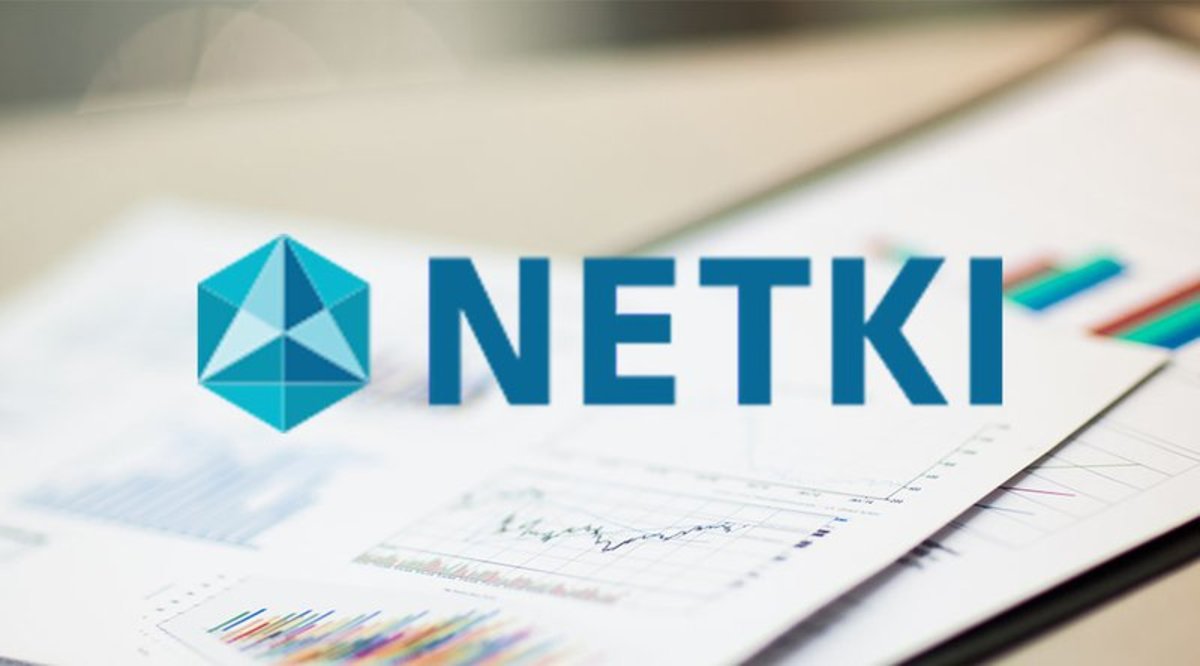
Digital identity company Netki just made it easier for companies launching token sales to onboard their customers in a way that supports compliance with existing security laws.
The Los Angeles-based company announced today, May 15, 2018, at Consensus 2018 in New York City that it is adding investor validation to its existing know-your-customer (KYC) and anti-money-laundering (AML) solution. The service allows investors to upload requisite documents via a web browser or mobile app.
Compliance is a huge concern for ICO projects right now. Regulators are in the midst of trying to decide how to label virtual currencies, and it is looking as if they may rule that many existing tokens are non-compliant securities.
Earlier this year, for instance, Jay Clayton, chairman of the U.S. Securities and Exchange Commission (SEC), said that, in his view, ICOs are “like a stock offering.” And, last month, at an MIT Tech Review event, Gary Gensler, former chairman of the Commodity and Futures Trading Commission, went so far as to advise virtual currency projects that “if you do an issuance now, in April of 2018, do it under the U.S. securities laws.”
As an alternative to doing an initial private offering (IPO), which requires projects to register with the SEC, many virtual currency projects are opting to structure their ICOs under exemptions, like regulation D and others, that limit token sales to accredited investors who can bear the risk of buying an unregulated security. These investors have to meet certain financial and economic requirements as spelled out by the SEC.
Netki’s existing structure allows an investor who wants to participate in a token sale to use their phone or computer to take a “selfie” along with photos of their driver’s license or passport to show they are who they say they are. Netki now goes a step further by also making it easy for an investor to upload documents that prove his or her income and asset holdings to show they are accredited.
Without an automated solution like Netki’s, virtual currency projects would otherwise have to onboard customers manually or outsource the work to lawyers.
“Doing it with their lawyers would be super expensive; doing it in-house would be slightly expensive and quite tedious and also prone to error,” Netki CEO and co-founder Justin Newton told Bitcoin Magazine.
He explained that Netki also uses algorithms to make sure the IDs are authentic. “We have a computer vision machine learning system that looks at every pixel of the ID for evidence of tampering,” he said.
Once the financial data is collected, Netki has a network of third-party lawyers and professionals who can validate the documents and provide letters of attestation.
Netki says it never sees investors’ income data. “We just know that they met the standard and the only person that saw that was the professional who was doing that validation via confidentiality,” Newton said.
Once the customer onboarding is completed, Netki wipes the ID and income data from its system. “We don’t want to become a central PII [personal identity information] repository,” Newton said.
Netki was founded by Justin Newton and wife Dawn Newton in July 2014. The following year, the duo launched a product called Wallet Name Service, which allows people to send bitcoin to human readable addresses. That product is still alive and kicking, says Newton. Over the last few years, however, Netki’s development efforts have focused on identity solutions. A year ago, it launched its digital ID service for KYC and AML.
“We saw identity, and specifically identity as it relates to risk and compliance, as one of the key enabling technologies for blockchain,” Newton said. In moving toward that goal, Netki raised $3.6 million in seed funding in July 2016.
Netki is not alone in focusing on identity solutions. Identity Mind and Onfido offer similar services, but neither of those companies offer investor validation tools thus far.










